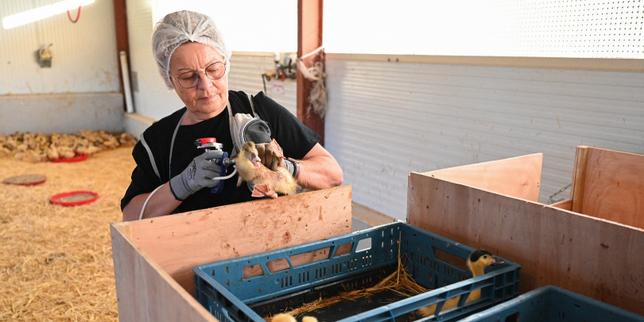France Elevates Avian Influenza Risk to High, Imposing Poultry Confinement Measures
France has raised its avian influenza risk level from moderate to high, imposing mandatory poultry confinement to prevent spread amid confirmed outbreaks in wild and domestic birds.
- • France raises avian influenza risk from moderate to high as of October 22, 2025.
- • Five outbreaks of highly pathogenic avian influenza detected in ten days, including domestic poultry.
- • New measures require poultry confinement and protection, especially in flocks over 50 birds.
- • Relaxations allow certain birds limited outdoor access without prior authorization.
- • The risk level increase is earlier than usual, driven by infections in migratory wild birds and domestic cases.
Key details
French authorities have raised the avian influenza (bird flu) risk level in metropolitan France from 'moderate' to 'high' as of October 22, 2025. This elevation comes in response to confirmed cases of highly pathogenic avian influenza (HPAI) detected both in migratory wild birds and in domestic settings across the country. The decision, published officially in a government decree, mandates the confinement and protection of poultry to mitigate further spread.
In the last ten days alone, five HPAI outbreaks have been identified, including three cases in small-scale domestic flocks or "basses-cours." The risk escalation is notably earlier this year than in previous years when the high-risk level would typically be enacted in November or December. Since May, the epizootic risk was considered negligible but was raised to moderate the week prior, reflecting the increasing incidence.
Under the new measures, poultry must be sheltered, with their feeding areas safeguarded, particularly in farms housing more than 50 birds. Yet, certain relaxations allow farmers to let older chickens, guinea fowls, and turkeys access limited outdoor areas without prior authorization, balancing protection with animal welfare.
The broader European context reveals 37 poultry farm outbreaks reported in the Union between August and October, including some additional cases within France, underscoring ongoing regional risks. The heightened alert follows infection dynamics observed along migratory bird pathways crossing the nation, indicating an increased potential for viral transmission from wild to domestic birds.
This proactive escalation aims to curb further virus spread among poultry, protecting both agricultural interests and public health. According to Le Monde, these containment steps are crucial amid the rapid epidemiological developments (source 109423). Le Figaro notes the government's emphasis on migratory bird surveillance as a driver for this intensified response (source 109274).
This article was translated and synthesized from French sources, providing English-speaking readers with local perspectives.
Source articles (2)
Source comparison
Latest news
Pau's Local Election Campaign Gathers Momentum Amid Broader Political and Economic Concerns
French Companies and Regions Accelerate Efforts in Nature-Related Economic Transition
France Heightens Military Readiness Amid Iran Conflict, Pledges Defense Support to Gulf States
Jean-Luc Mélenchon Faces Accusations of Antisemitism Over Joke on Raphaël Glucksmann's Name
Tensions and New Faces Mark the 2026 French Municipal Elections
France Bolsters Military Presence in Gulf Following Iranian Drone Attacks
The top news stories in France
Delivered straight to your inbox each morning.


